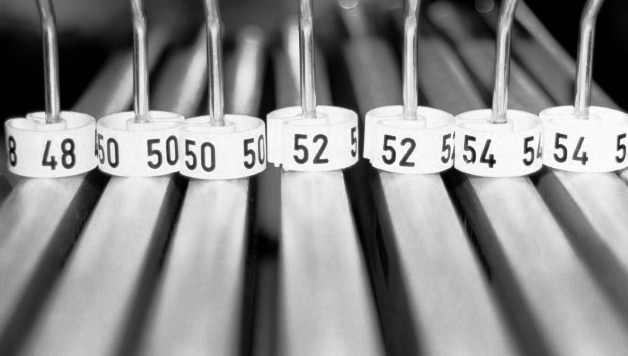On 29 March 2013, US Federal District Judge Naomi Reice Buchwald handed down a 161 page judgment dismissing a significant proportion of the class actions against banks involved in the Libor (London interbank offered rate) rate-fixing scandal.
The civil actions brought by investors, including government authorities and community banks, claimed that they were harmed by the banks’ manipulation of the Libor. After numerous cases were consolidated, the banks brought a motion to dismiss the claims in their entirety. While the class action remains on foot, the banks were successful in having the antitrust claims dismissed.
In denying the plaintiffs access to the treble damages that can flow from breaches of US antitrust laws, Judge Buchwald concluded that no relevant antitrust injury had been suffered. She noted that although the plaintiffs may establish that the defendants conspired to suppress Libor over a nearly-three-year-long period, they have not alleged that their injury resulted from any harm to the competitive process.
Judge Buchwald emphasised that in order to prove violations of the antitrust provisions of the Sherman Act, “a plaintiff must demonstrate not only that it suffered injury and that the injury resulted from defendants’ conduct, but also that the injury resulted from the anticompetitive nature of the defendant’s conduct”. In this case, Judge Buchwald found that the plaintiffs’ injuries would have resulted from defendant’s misrepresentations, not from harm to competition, holding that the plaintiffs’ theory is “one of misrepresentation, and possibly of fraud, but not of failure to compete”.
This decision has no impact on the larger global investigation being conducted by various antitrust and securities regulators around the world, including:
- criminal charges laid and extradition proceedings commenced by US authorities against former bank employees;
- the payment by one bank of over US$1.5B in total fines to US, UK and Swiss regulators and others paying US$453M and US$612M respectively.
See the Wall Street Journal’s dedicated twitter page for up to the minute coverage.
The decision highlights the different purposes behind public and private enforcement actions and the differing hurdles that must be met to prove claims. As Judge Buchwald stated:
“[T]he focuses of public enforcement and private enforcement, even of the same statutes, are not identical. The broad public interests behind the statutes invoked here, such as integrity of the markets and competition, are being addressed by ongoing governmental enforcement. While public enforcement is often supplemented by suits brought by private parties acting as “private attorneys general,” those private actions which seek damages and attorney’s fees must be examined closely to ensure that the plaintiffs who are suing are the ones properly entitled to recover and that the suit is, in fact, serving the public purposes of the laws being invoked. Therefore, although we are fully cognizant of the settlements that several of the defendants here have entered into with government regulators, we find that only some of the claims that plaintiffs have asserted may properly proceed.”
Martine Philips and Peta Stevenson
Photo Credit: digitalart | FreeDigitalPhotos.net








